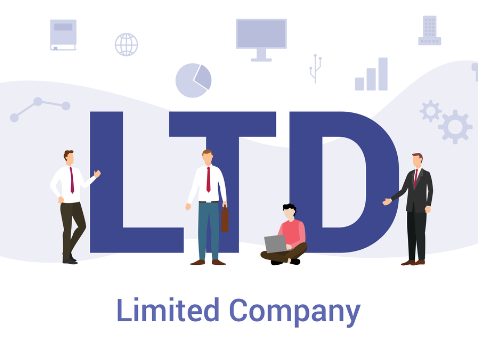‘Limited’ is a word laced with negative connotations: inadequate, insufficient, finite. So why would you want your company to be labelled as a ‘limited’ one?
The word takes on a whole new meaning with the addition of ‘edition’. A limited-edition product sounds far more valuable and exclusive than its standard counterpart. Similarly, a limited company can provide exclusive value and benefits to its directors and shareholders.
Why a limited company?
The ‘limited’ in a company name stems from the ‘limited liability’ legal status, which makes the company a separate entity and limits the financial liability of shareholders to a fixed sum. This protects individuals from being personally liable for losses made by the business, providing an added layer of protection in case of crisis. This can also make securing investment or loans for your company easier, as owners are distinct from the business itself. This will reassure investors that their money isn’t just lining someone else’s pocket.
Limited companies provide further security as they can survive without their shareholders; the company will not simply vanish when shareholders resign or abandon it. If you are a director and a main shareholder, you can speed up crucial business decisions without passing them through the slow, bureaucratic conveyor belt of other shareholders.
The benefits don’t end there; as a limited company, you can enjoy plenty of tax advantages, reaping the benefits from pensions and dividends, although you should seek help from trained professionals to help maximise these assets safely.
The limits
The positives seem anything but limited, so what are some potential drawbacks of limited companies? For starters, you may not have access to your dream business name. Luckily, you can find out which names are taken through the name checker here, so this shouldn’t be a major roadblock.
Another negative aspect can be personal risk. Just because the company is separate from the director doesn’t mean there is zero risk. When buying property through a limited company, for example, the mortgage lender will likely require a directors personal guarantee, ensuring the director is personally liable for debt. If a company cannot repay mortgages or debt, personal assets may be repossessed instead. It’s important to make informed decisions and seek independent legal advice on this matter, from specialists such as those seen here https://www.parachutelaw.co.uk/director-guarantee.
Once you’ve ensured your absolute safety as a director in these transactions, you can start focusing on growing your limited company.






